by Kristen Whiteman, Research Intern
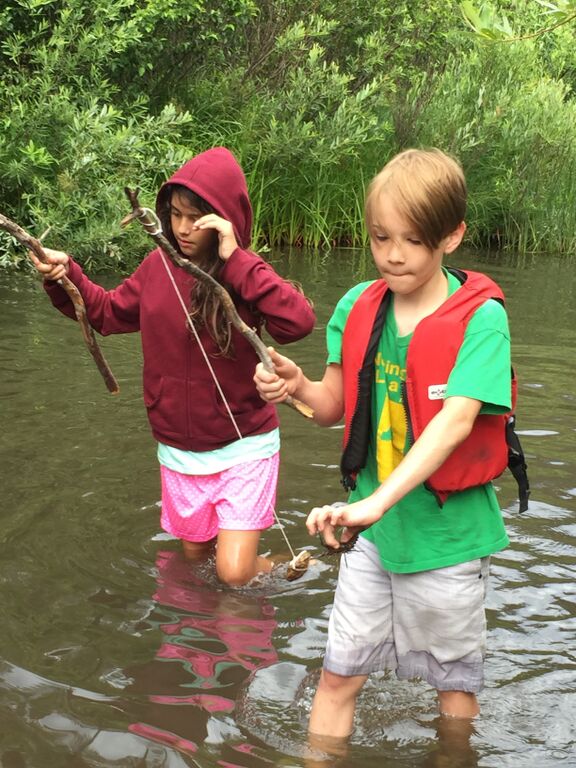
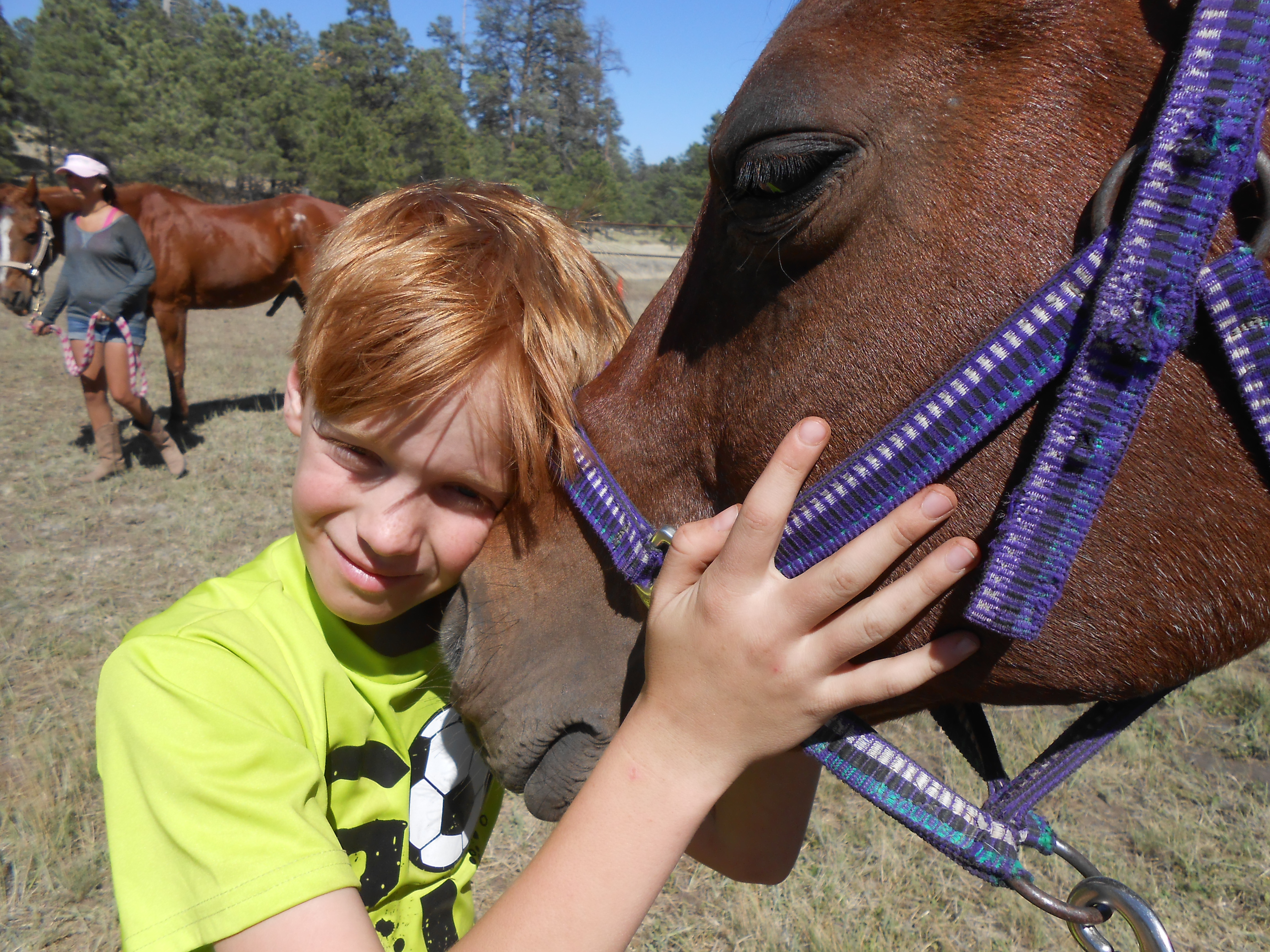
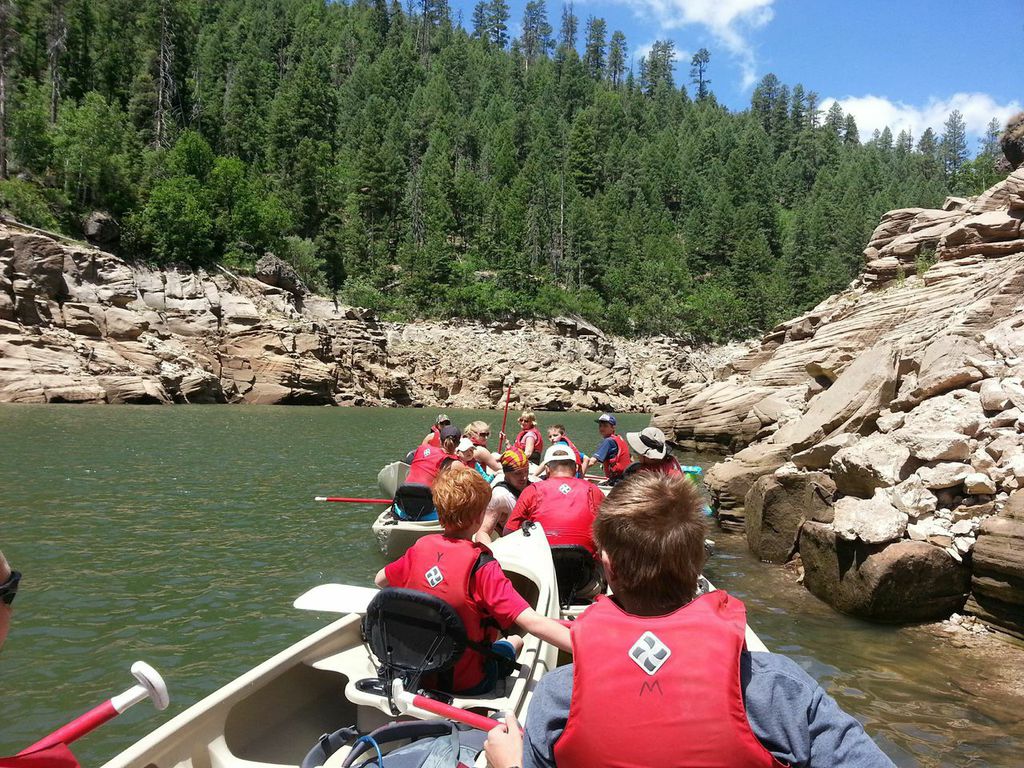
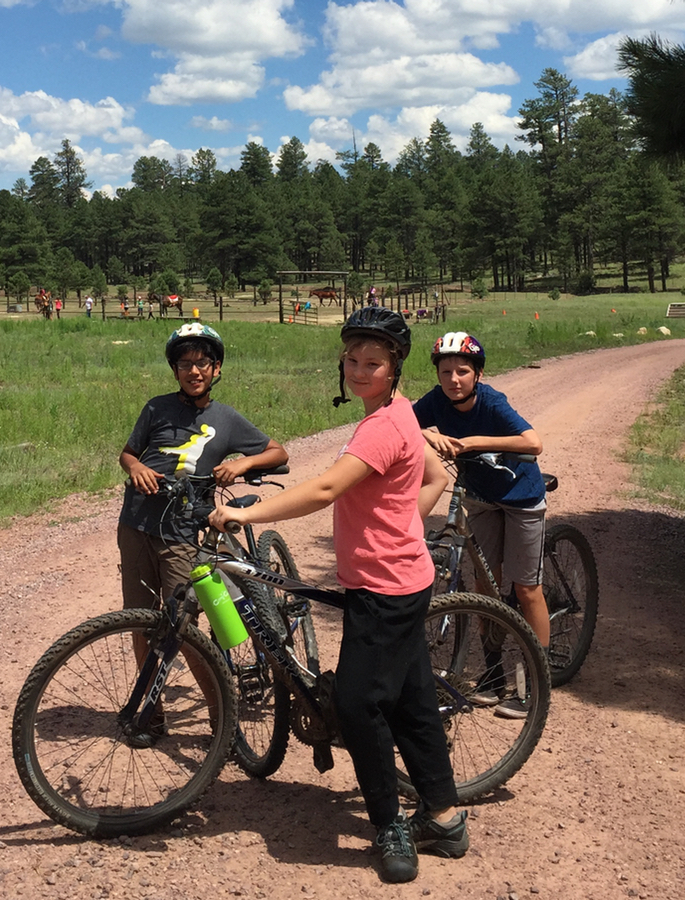
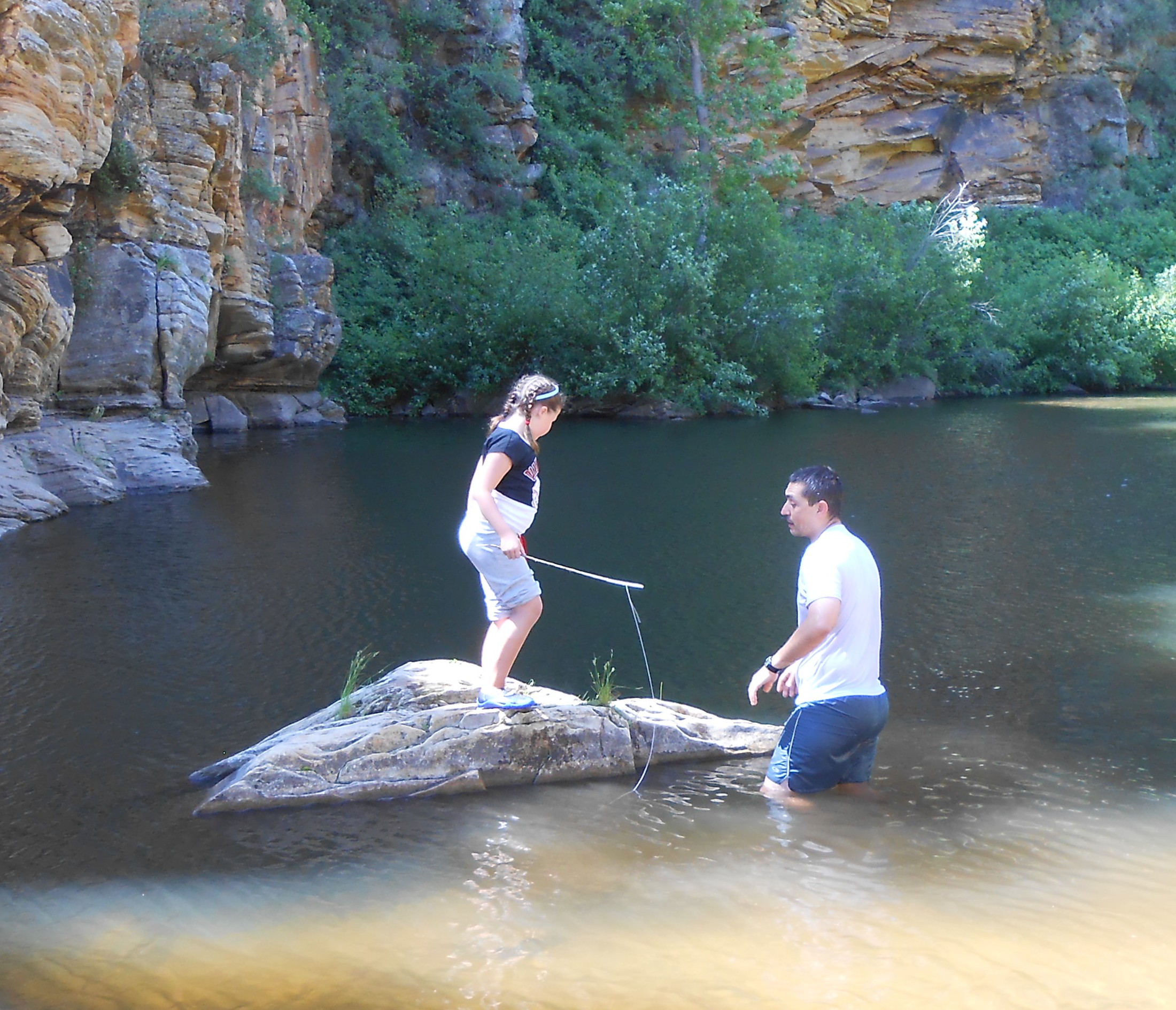

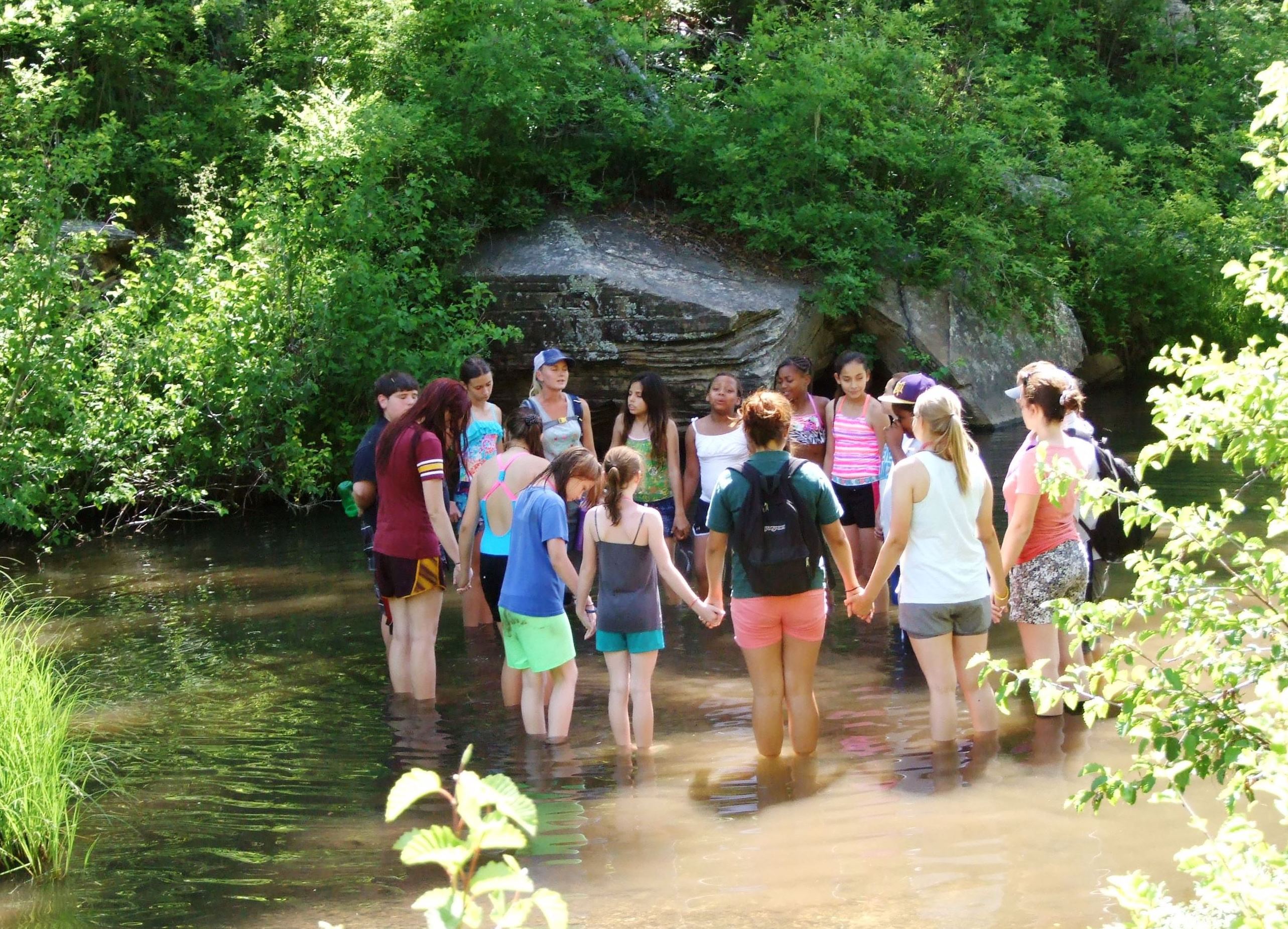
Summer camps have been around for at least 130 years. One source states the first camps were established in1880. From the very beginning, organizers of summer camps were concerned with not only socializing a child, but providing an experience that allowed a child to engage in activities that were different from what they regularly experienced. While summer camps have evolved from a rustic, ecological experience, becoming more all-encompassing, the original goals have not changed. Summer camp is still a place where an individual can learn by experiencing previously unknown interests and by engaging in challenging situations that can cause that individual to grow socially.
Camp Colley has these same goals. These objectives guide the programming at Camp Colley. We want youth to have opportunities to participate in challenging activities to help them realize that they are strong, they can excel at new endeavors, and they can learn from one another through interaction and cooperation.
Camp Colley uses the guiding principles that have been studied and shown to facilitate pro-social change in youth who participate in camp programs. Research confirms change can and does take place in individuals that participate in these programs.
One study (Wilson & Lipsey, 2000) found that delinquent youths who participated in a wilderness challenge program had lower recidivism rates than a comparison group. This finding indicates that outdoor programs foster opportunities for growth and personal mastery. This same study also found that even short programs where a youth is able to work with a group to solve challenging problems and is given opportunities to conquer increasingly difficult physical tasks, help a youth to experience a pattern of success and to gain self-esteem and prosocial skills. These results show that preventative measures, like our programs at Camp Colley, help youth to become more confident in their abilities and build self-esteem. The end result is youth make better choices.
Another study (Thurber, Scanlin, Scheuler, and Henderson, 2007) focused on identifying change in four different areas of youth development: positive identity, social skills, physical and thinking skills, and positive values and spirituality. Not only did this study show evidence of growth in these four areas but evidence of this growth was present six months later. This study supports the idea that not only is change possible for youth- the change that occurs from camp experiences is positive and lasting.
Does summer camp really help youth grow and facilitate positive change? Studies indicate that camp attendance is effective in helping youth transform and develop into more confident, successful, prosocial individuals. Over the years summer camps have expanded to offer a wide variety of camp options now available. What has not changed is the objectives: help youth experiment with new activities and provide opportunities for social growth. There is a reason that summer camps have been around for at least 130 years; they are an effective tool for prevention and intervention. Camp Colley provides space for youth to develop personal strength and foster cooperative relationships.
-KW
Hyperlink in this article:
http://www.faqs.org/childhood/So-Th/Summer-Camps.html
References:
Thurber, C. A., Scanlin, M. M., Scheuler, L., & Henderson, K. A. (2007). Youth Development Outcomes of the Camp Experience: Evidence for Multidimensional Growth. Journal Of Youth And Adolescence, 36(3), 241-254.
Wilson, S. J., & Lipsey, M. W. (2000). Wilderness challenge programs for delinquent youth: a meta-analysis of outcome evaluations. Evaluation And Program Planning, 231-12. doi:10.1016/S0149-7189(99)00040-3
Help provide positive youth development to Phoenix youth. Send a kid to Camp Colley.
